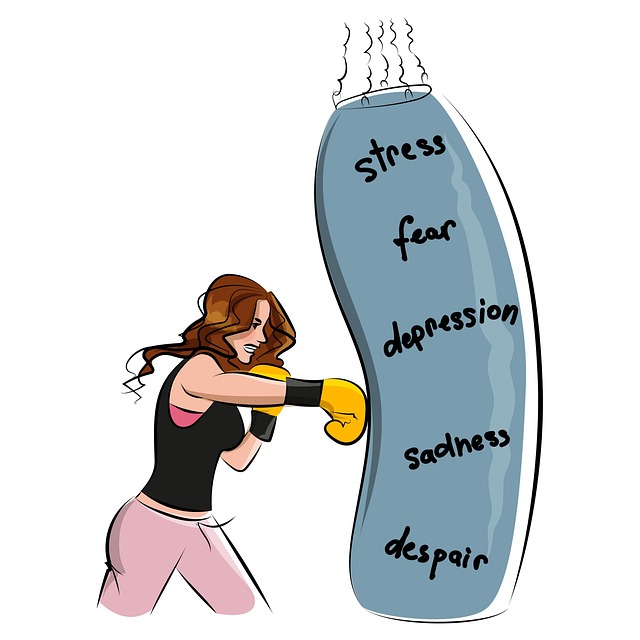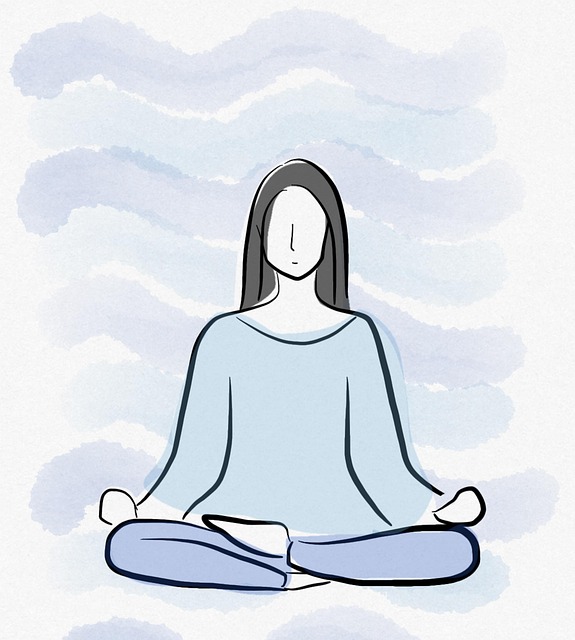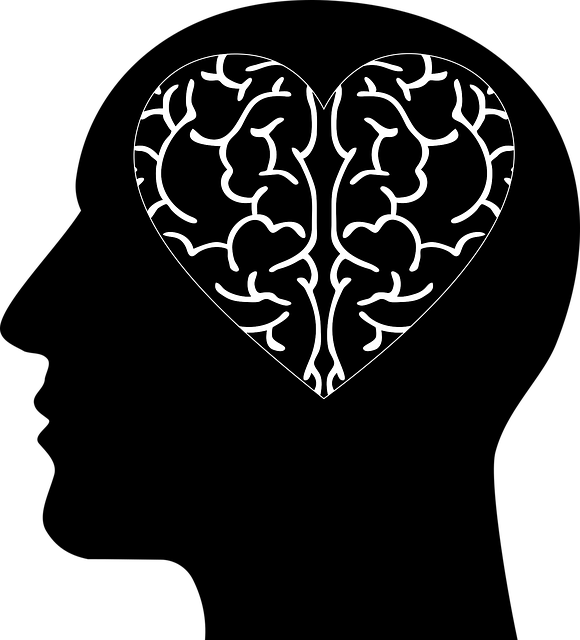Castle Rock postpartum depression therapy prioritizes self-care as a cornerstone of mental wellness, especially for new mothers facing challenges like PPD. By addressing cultural sensitivities and barriers such as overwhelming domestic responsibilities, this therapy equips individuals with tools like trauma support, stress management techniques (mindfulness, exercise), and emotional regulation strategies. Through processing emotions, gaining insights, and adopting a holistic approach including journaling and physical activities, Castle Rock postpartum depression therapy fosters resilience and long-term mental health for new mothers.
Self-care is an essential cornerstone of mental well-being, yet many struggle to integrate effective practices into their daily lives. This comprehensive guide explores the vital role self-care plays in overall health, particularly for new mothers facing challenges like postpartum depression (PPD). We delve into identifying and overcoming barriers, emphasizing the significance of understanding individual needs. Additionally, we present Castle Rock Postpartum Depression Therapy as a strategic approach, offering valuable insights for those seeking to enhance their self-care practices and reclaim mental balance.
- Understanding Self-Care: The Cornerstone of Mental Well-being
- Identifying and Overcoming Barriers to Effective Self-Care Practices
- Integrating Therapy for Postpartum Depression: A Strategic Approach to Self-Care Improvement
Understanding Self-Care: The Cornerstone of Mental Well-being

Self-care isn’t a luxury but a necessity for maintaining mental well-being, especially in managing conditions like postpartum depression (PPD). Understanding self-care involves recognizing its role as a cornerstone that supports overall health and resilience. It’s about acknowledging that taking care of oneself is not selfish but rather an act of self-preservation and love.
For individuals seeking support, Castle Rock postpartum depression therapy offers a safe space to explore and implement effective self-care strategies. This therapeutic approach often incorporates cultural sensitivity in mental healthcare practice, tailoring interventions to reflect individual needs and backgrounds. Public awareness campaigns development also plays a significant role by educating communities about emotional regulation techniques, fostering an environment where seeking help is normalized and encouraged.
Identifying and Overcoming Barriers to Effective Self-Care Practices

Identifying barriers to self-care is a pivotal step in enhancing one’s well-being journey. Many individuals, especially new mothers undergoing Castle Rock postpartum depression therapy, face unique challenges that hinder their ability to prioritize self-nurturing practices. These barriers can range from overwhelming responsibilities at home to the weight of societal expectations and even past traumatic experiences. For instance, a new parent might struggle with finding time for themselves amidst caring for a newborn, leading to increased stress levels and a decline in overall mental health awareness.
Overcoming these obstacles requires a multifaceted approach. Trauma support services can play a crucial role in helping individuals process and manage past traumas that may be inhibiting their self-care routines. Stress management techniques, such as mindfulness meditation or exercise, are essential tools to reclaim personal time and space. By prioritizing mental health awareness, one can cultivate resilience and create a supportive environment conducive to effective self-care practices.
Integrating Therapy for Postpartum Depression: A Strategic Approach to Self-Care Improvement

Integrating therapy for postpartum depression is a strategic and essential step towards enhancing self-care practices. Many new mothers struggle with mental health challenges post-pregnancy, making Castle Rock Postpartum Depression Therapy accessible and crucial. This form of therapy provides a safe space for women to process their emotions, gain valuable insights, and develop effective coping mechanisms. By addressing the root causes of postpartum depression, individuals can foster inner strength and build resilience—a critical aspect of long-term mental wellness.
Mental Wellness Journaling Exercise Guidance can be offered as part of this therapeutic journey. Writing about one’s experiences and feelings allows for self-reflection and facilitates emotional release. Additionally, mindfulness exercises and physical activities can complement therapy, promoting a holistic approach to self-care. Through these strategies, new mothers can navigate the challenges of postpartum depression while cultivating a deeper sense of self-awareness and resilience.
Self-care is a vital journey towards enhancing mental well-being, and overcoming barriers can significantly impact positive outcomes. By understanding the importance of self-care practices and integrating strategic approaches like therapy for postpartum depression in Castle Rock, individuals can foster resilience and overall health. This comprehensive guide has illuminated various paths to improvement, offering insights that empower one to prioritize their mental wellness and embark on a transformative journey.














